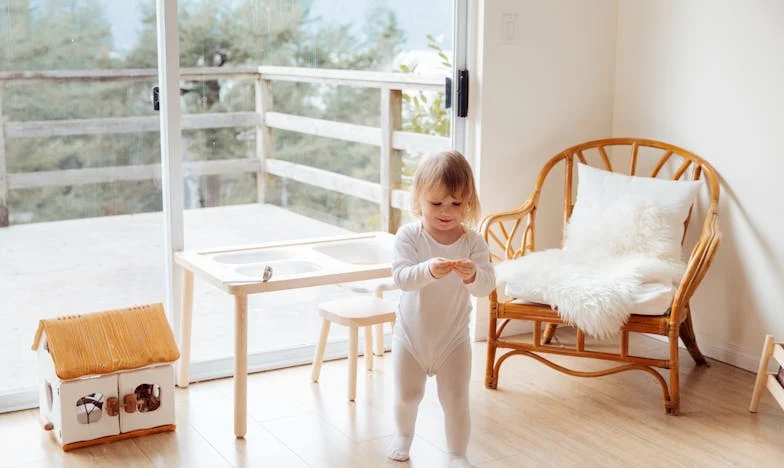“Willow, please don’t enter our room or touch our things,” said daughter-in-law Anna: But I still own the house. Can’t I move around in my own home?
When Peter and Anna arrived at my doorstep six months ago, I could see the worry etched on their faces. They had been struggling with rent and needed a temporary place to stay. As a mother, my heart went out to them, and I opened my doors without a second thought. I gave them the guest room, which still housed many of my personal items, including old photo albums, documents, and some cherished keepsakes.
At first, everything seemed fine. We shared meals and the occasional movie night. However, as weeks turned into months, the initial gratitude they expressed began to wane, and an uncomfortable tension started to build in its place.
One evening, as I was retrieving a photo album from the guest room, Anna confronted me. Her tone was polite but firm. “Willow, please don’t enter our room or touch our things,” she said. I was taken aback. It was my house, after all, and I was merely trying to access my own memories.
“But Anna, some of my personal belongings are still in this room. I need them,” I replied, trying to keep my voice even.
“I understand, Willow, but you should respect our privacy. We need our space,” Anna insisted, her voice growing colder.
The conversation left a sour taste in my mouth, but I decided to let it go, attributing it to the stress they might be experiencing. However, the incident marked a change in our living arrangement. Anna and Peter started to assert more control over the space, subtly shifting things around and gradually excluding me from areas of my own house.
One day, I returned home to find the lock on the guest room changed. I stood there, key in hand, a feeling of helplessness washing over me. When I confronted Peter about it, he was apologetic but firm. “Mom, Anna feels we need more privacy. It’s just until we find our place. Please try to understand.”
I felt a deep sense of betrayal. This was my home, and now I was being alienated in it. The atmosphere grew increasingly strained, and our interactions became brief and formal. I missed the warmth we once shared, but it seemed to have evaporated into thin air.
Months passed, and the situation did not improve. The distance between us grew, and I often found myself walking on eggshells in my own home. The vibrant, loving environment I had once fostered was now replaced by a cold, transactional cohabitation.
Finally, one chilly evening in December, Peter and Anna announced they had found an apartment. They would be moving out at the end of the month. Relief washed over me, but it was tinged with sadness. What should have been a temporary arrangement had soured our relationship, perhaps irreparably.
They moved out quietly, and the house felt empty but peaceful. I slowly reclaimed my space, but the joy of having my home back was overshadowed by the loss of my relationship with my son and his wife. I wondered if we would ever be able to bridge the gap that had formed between us, or if the coldness of those months would linger forever.
